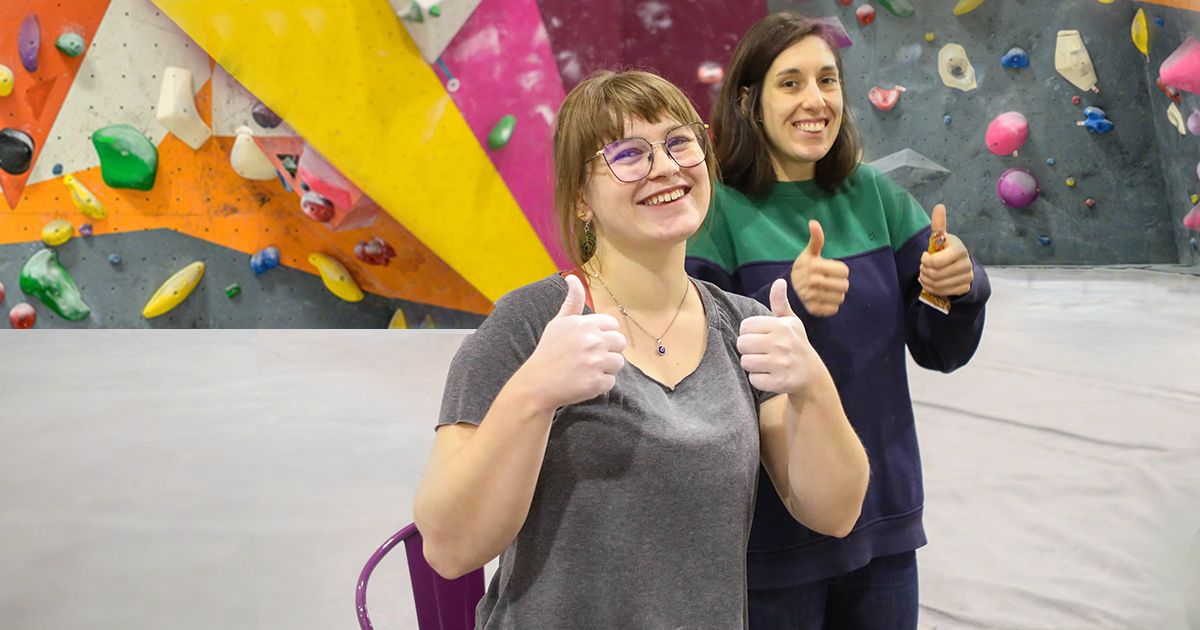Mathematica @ 50: Using Emerging Methods to Produce More Credible, Actionable Evidence for Policymakers
Finding and interpreting relevant evidence can be a frustrating experience for many policymakers. Too often, decision makers have difficulty finding objective, actionable evidence related to a decision at hand. Even when relevant evidence is available, its quality might be questioned if it is not derived from a randomized experiment (the gold standard of research design). Even findings from a well-designed study can be difficult to interpret and often appear to contradict the findings from other similar studies. What’s nearly always missing is the information policymakers, practitioners, and funding partners need most to make their decisions—how likely it is that the program generates effects large enough to be worth the cost.
These frustrating experiences can lead to the perception that “nothing ever works” and raise the question of how research can better facilitate meaningful progress in addressing social problems.
On June 20 from 3:00 to 4:30 p.m. at its Washington, DC, office, Mathematica brought together leaders from across the federal policy community, academia, and nonprofits to discuss how emerging research methods are creating new opportunities to address these frustrations and use evidence to inform more decisions. The discussion covered advances in how better evidence can be generated and how it should be properly interpreted. This forum is part of a series of events to commemorate Mathematica’s 50th anniversary and celebrate five decades of data and analysis that make a difference.
Attendees joining the event in person were invited to a reception sponsored by Mathematica's Center for Improving Research Evidence immediately following the forum.
Participants:
- Anu Rangarajan (moderator), senior vice president; managing director, International Unit, Mathematica Policy Research
- Tim Day, health services researcher, Centers for Medicare & Medicaid Services' Innovation Center
- John Deke, senior researcher, Mathematica Policy Research
- Naomi Goldstein, deputy assistant secretary for planning, research, and evaluation, Administration for Children and Families, U.S. Department of Health and Human Services
- Chris Jones, senior consultant, BCT Partners
- Elizabeth Stuart, associate dean for education, Bloomberg School of Public Health at Johns Hopkins University

